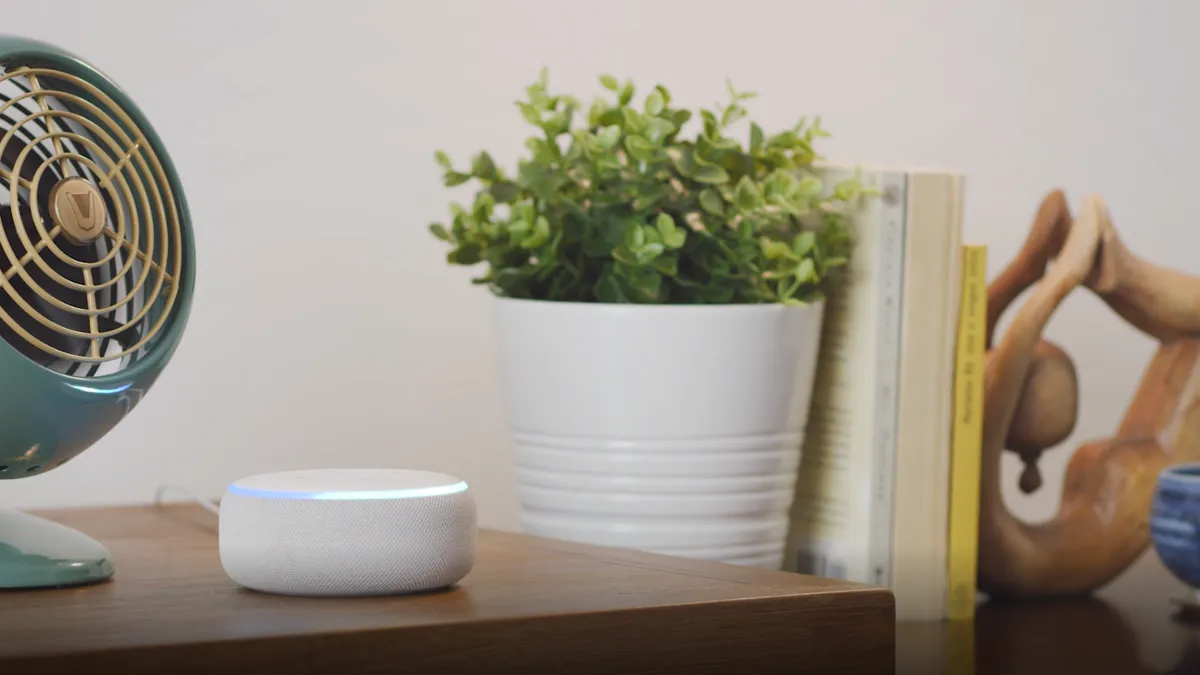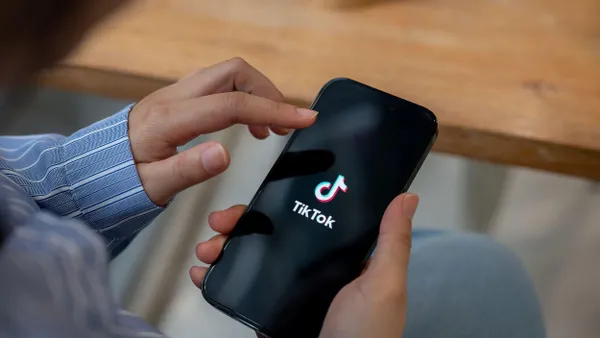Brief:
- Smart speaker ownership grew to 24% of the U.S. adult population — or about 60 million people — from 21% a year earlier, per a December 2019 survey by NPR and Edison Research. The study also found that smart speaker households contain an average 2.6 devices, up from 2.3 a year earlier and 1.7 in December 2017.
- The number of smart speakers in U.S. households climbed 32% to 157 million in 2019 from a year prior, and by 134% from 67 million in December 2017. The report doesn't break down ownership by device brand.
- More than half (54%) of the U.S. population has ever used voice-command technology, including virtual assistants on smartphones, smart speakers and other devices. Results are based on telephone interviews with 1,015 adults ages 18 and older, per NPR and Edison Research.
Insight:
Smart speaker ownership continues to be concentrated in a minority of households, which tend to be the heaviest users of connected home technology, NPR and Edison Research's research suggests. While smart speaker sales are surging, the portion of households that owns the devices barely inched upward in the past year. That presents a challenge to mobile marketers seeking to expand into voice commerce and makers of smart home tech in expanding the market beyond early adopters.
Privacy concerns are a major impediment to smart speaker adoption, separate studies have suggested. More than half (52%) of consumers in a four-country survey said they were worried voice assistants were listening to their private conversations, a Capgemini Research Institute report found in September. Apple, Amazon and Google have touted their privacy protections for smart speakers amid reports that the companies let their employees listen to recordings of people in their efforts to improve voice recognition technology.
Google subsequently highlighted the new privacy protections of its Google Assistant, which people can use on Android devices and Nest smart speakers, at this year's CES. The announcement followed this year's enactment of a stricter data privacy law in California that's having a nationwide effect of comapnies' data-sharing practices. These efforts may help to alleviate consumer concerns about data privacy and boost adoption of smart speakers.
While voice tech is becoming steadily popular, people are much more likely to use commands on a phone than with a speaker, NPR and Edison Research's research suggests. Those usage habits may mean that consumers will be more reliant on their smartphones than on other voice-enabled devices like smart speakers to interact with Internet of Things (IoT) gadgets. It also points to how marketers can use those consumer insights to tailor ad offerings to users who are likely on the go. That is perhaps behind Amazon's decision to drive deeper into in-car commerce and other voice services.
To help boost adoption of connected devices, the tech industry is working to make them easier for consumers to use. Amazon, Apple and Google last month partnered with the Zigbee Alliance, a standards group for IoT tech, to develop a better way for connected devices to communicate across brands reliably and securely. Those efforts may help to boost adoption of smart speakers and other connected-home devices, opening up new channels for marketers.













